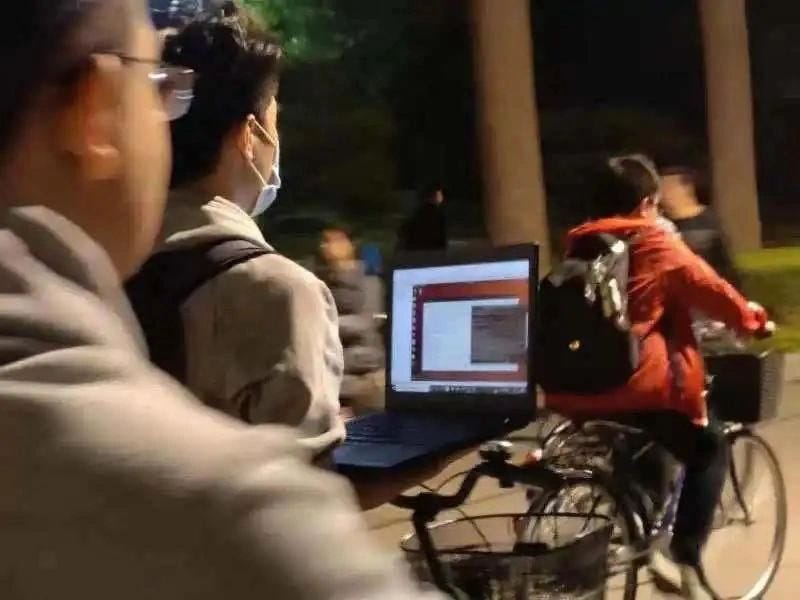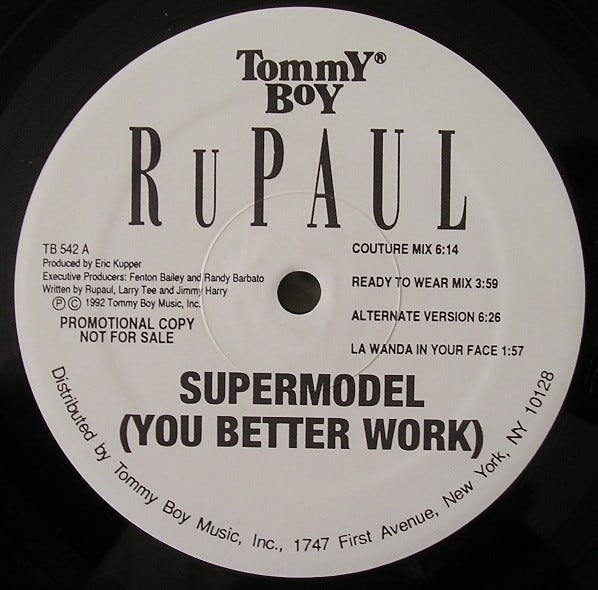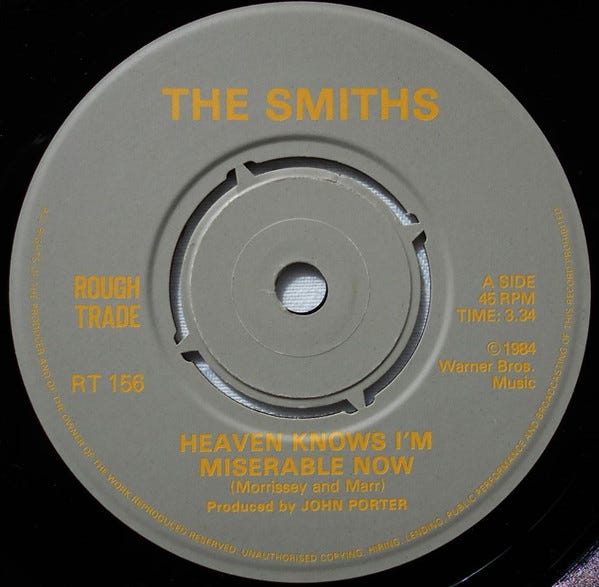
Are the Anglocapitalist countries meritocratic, unlike contemporary China1? Is this system a meritocracy? Was it a meritocracy;

Are the Anglocapitalist countries meritocratic, unlike contemporary China1? Is this system a meritocracy? Was it a meritocracy;

This post is one of those ones where I am posting this to push things along, give myself a toe hold on a number of bits and pieces I’ve already covered, and express my commitment to thinking by writing (forwards ever, backwards never) at speed. So what you will read here is effectively my preliminary ‘calculations’, as I try to work this stuff through, in the course of one short writing session. So this post is a work in

This morning I foolishly checked my email before opening Word, disobeying ‘the tyranny of my should’1. I’m working on a discipline of focusing on my own written work, before inspecting the inscriptions of others. This turns out to be important because, as we all know, most people’s inscriptions are a ‘summons’ of a sort, the bearer of a demand that is usually some kind of work request or obstacle between us and our preferred productive work.

“The bad news is we’re falling through space forever. The good news is: there is no ground.” – Chögyam Trungpa “Our societies have proved to be really demonic since they happen to combine those two games—the city-citizen game and the shepherd-flock game—in what we call modern states”. – Michel Foucault ~ Last week I distilled involutions to the societal ‘rolling curling inward’ induced by a dynamic of diminishing

What captures the times in which we find ourselves? What kind of decade is the 2020s turning out to be? What kind of century is the twenty-first; is it the future, in any way? These are some questions I’m sitting with, as I also try to further what I committed to in a post from November last year:Thanks for reading living together, somehow! Subscribe for free to receive new posts and support my work.

Refrain: I share an intuition that the time from which I write does not yet have a set of ordering concepts capable of encapsulating its permutations;
Hello dear readers. I’m not sure about this one: tonally, and in terms of the swerve and pessimism, I don’t quite wanna own the result.

~ I share an intuition that the time from which I write does not yet have a set of ordering concepts capable of encapsulating its permutations; this intuition intimates, instead, that this conjuncture has a definite smell, something like carpet wet by receding sewage, in the footwells of a car left in a flood-swollen creek, having been joy ridden into it under cover of night, carpet left in the sunshine after flash flood waters have receded.

So then, work. In this third (of three) preliminary posts opening groundwork on Critique of Economic Reason (CER), I want to follow up on the work (see what I did?) unpacking ‘job’ and ‘labour’. At stake (for the theory nerds) is the counterintuitive, insight-filled analysis Gorz has synthesised from Marx, Weber, Arendt and Habermas;

What then is labour, and how is it different to those forms of ‘paid labour’ we call our ((bull)shit) jobs covered in the previous post?

In working through[1] Critique of Economic Reason (CER) to see how Gorz has managed to synthesise Weber, Habermas, and Arendt to think (with and beyond Marx) about the shit we’re in with our working lives and free time, it’s important consider how the terms job, work, and labour are used. ~Thanks for reading living together, somehow! Subscribe for free to receive new posts and support my work.